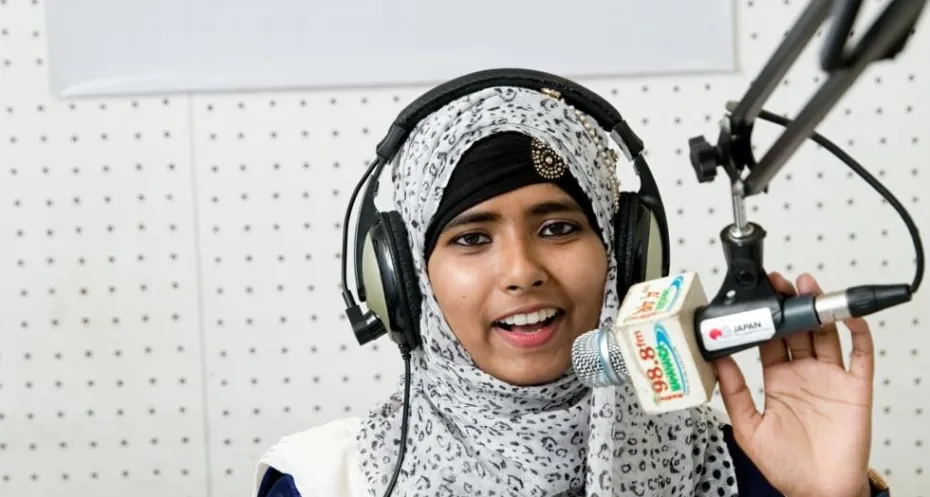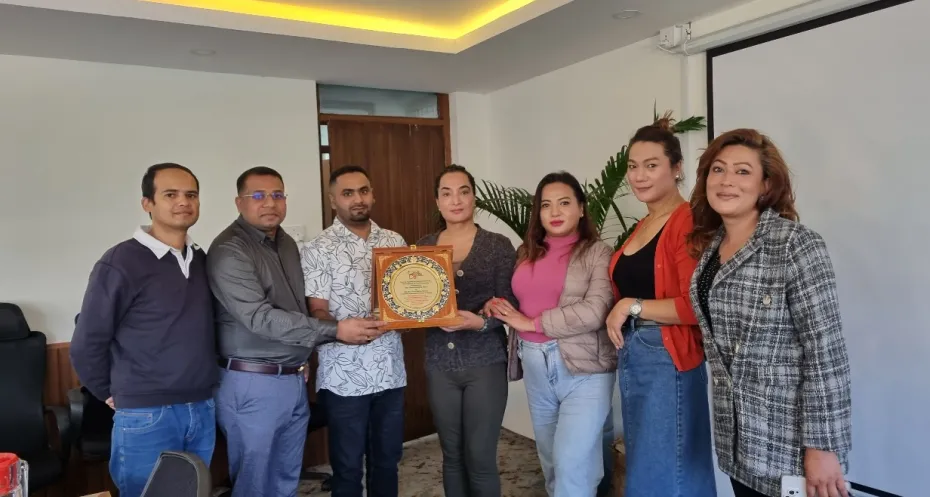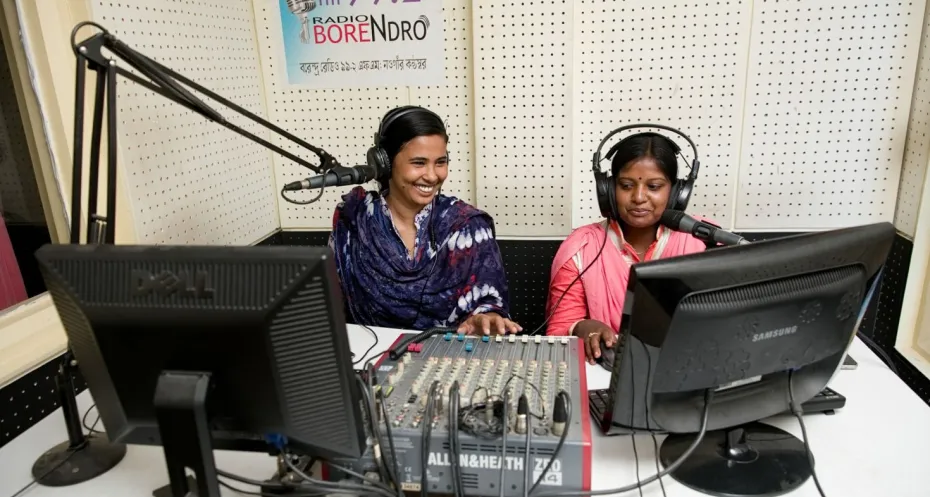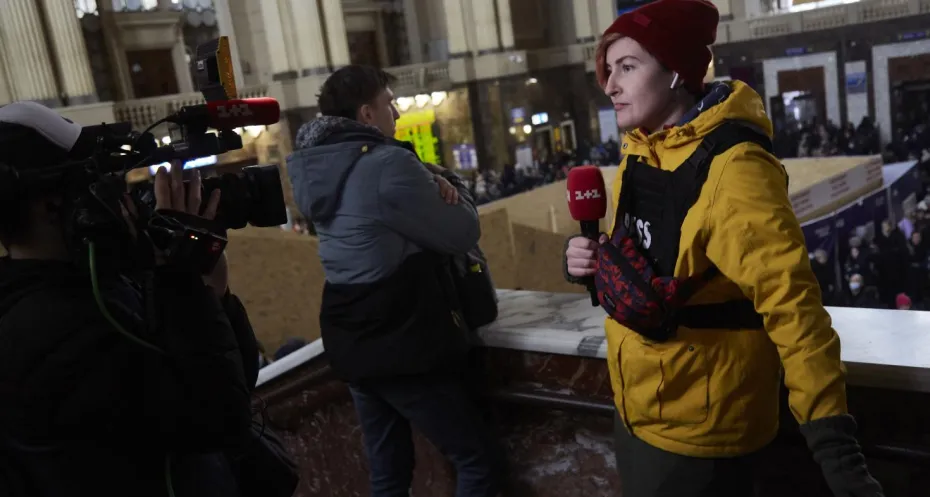Recap CSW NGO Session: Countering Gender Stereotypes

On March 25th, Free Press Unlimited (FPU) partnered with Global Forum for Media Development (GFMD), International Media Development (IMS), SembraMedia, Fondation Hirondelle and Canal France International (CFI) to host a discussion on gender-stereotyping and the role that media plays in creating or countering dominant and traditional narratives about gender roles within societies. The session also explored the possibilities within regulatory frameworks, looking at ways that regulation can stimulate media organisations to become more inclusive without meddling too much with content itself. Together with five speakers, each of whom are involved with gender in the media in a different way, a fruitful discussion took place.
An interesting outcome from the session was that the issues faced by the speakers from around the world were all similar in their patriarchal undertones, but differed according to context. However, overall the participation of women in the media is still too low, for example that only 1/5 of experts interviewed for news stories are women, as noted by Chiara Adamo, head of the European Commission’s “Gender, Human Rights and Democratic Governance” unit. Such statistics have been known for a long time now, but to this day change has been very slow.
Recommendations for the Media
So how can media houses enact change? One simple solution proposed by Motunrayo Alaka, director of a centre supporting Investigative Journalism, suggested creating a list of female experts on different relevant topics that journalists can consult when researching an article. Often journalists will consult the same experts when writing about certain topics, which can lead to the media consistently using (white) male experts. Creating and distributing a guide of women experts for relevant topics will decrease the hurdle of looking for more diverse experts. Moreover, training is an important part of combating gender-stereotypes since newsrooms often do not even realize they are enforcing stereotypes. Not only within the media, but it is of fundamental importance to educate the general public about this issue. Melanie Tobal, director of Publicitarias.com, notes that although many international organizations do a lot of valuable research about gender-stereotyping, they then fail to communicate their message effectively to reach a large group. She noted that it could be useful to work together with different industries, such as advertising, to create attention-grabbing and entertaining campaigns that increase understanding of gender-stereotyping by the general public.
Regulatory Recommendations
But not only media organizations can take steps to tackle this issue, regulatory bodies can shape the parameters within which newsrooms remain free to make different journalistic choices, but without disadvantaging certain societal groups. Adamo highlights how funding can motivate media organizations to produce gender-sensitive content by settings requirements for applicants. Next to stimulating change in large traditional media companies these requirements could also support small feminist news outlets, since funding is their greatest challenge.
Want to learn more?
To watch the whole session, click here
To see an overview of statistics about women in the media, click here
You can find an overview of the takeaways from the session in the document below.



